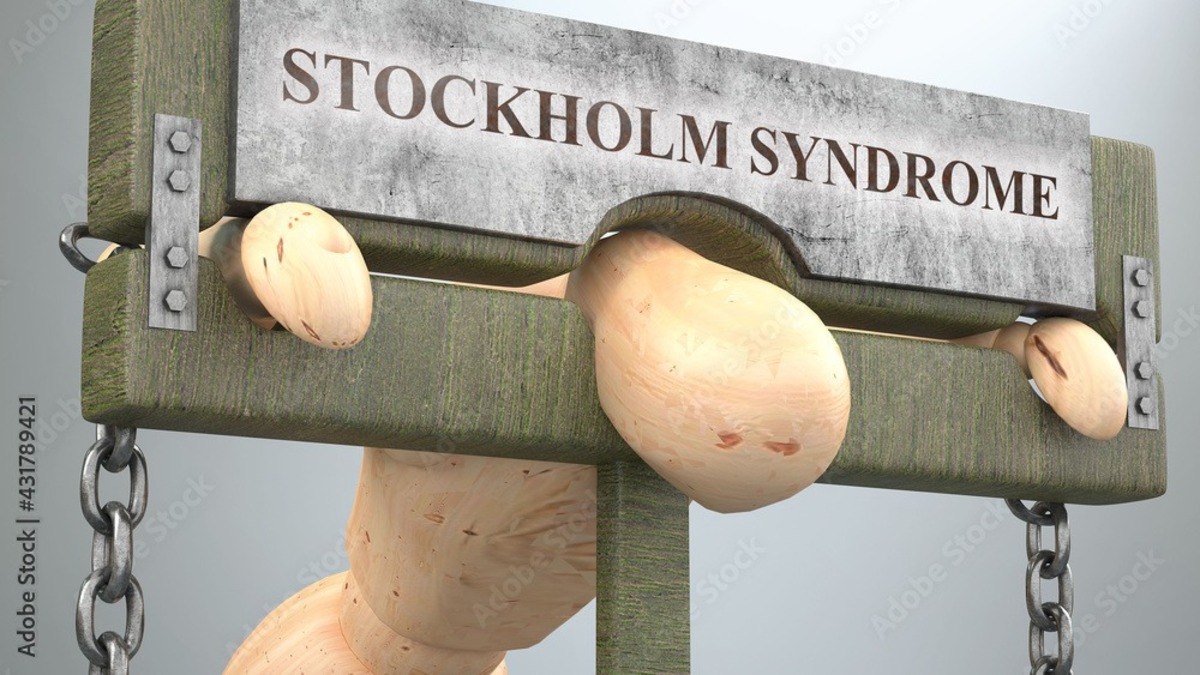Stockholm syndrome is a psychological reaction that victims of abuse and hostage situations experience when they develop a favorable feeling for the abuser. In addition to the basic kidnapper-hostage scenario, Stockholm syndrome encompasses additional traumas in which a link exists between the abuser and the victim.
Numerous medical experts view the victim's positive thoughts towards their abuser as a psychological reaction, or coping technique, that they employ to get through the traumatizing days, weeks, or even years of abuse.
These emotions are generally brought on by the intensely emotional circumstances present during a hostage scenario or abuse cycle.
Those who are kidnapped or taken hostage, for instance, frequently feel threatened by their captor, yet they also depend on them heavily to survive. If the kidnapper or abuser treats them nicely, they could start to like their captor for his or her "sensitivity."
With time, that perception starts to change and distort how they see the person who is abusing them or holding them as prisoners.
What are the symptoms?
- The individual assaulting or holding prisoner gains the victim's favorable feelings.
- The victim starts to harbor ill will towards the police, other authorities, or anyone who could be attempting to free them from their captivity. They can even refuse to help you fight your kidnapper.
- The victim starts to see their captor as human and starts to think they share the same values and goals.
Treatment of Stockholm Syndrome
- You can get assistance if you think you or someone you know has Stockholm syndrome. Counseling or psychological treatment for post-traumatic stress disorder can help in the near term by easing the symptoms of recovery, such as depression and anxiety.
- Psychologists and psychotherapists can teach the victims effective coping mechanisms and response strategies to help them comprehend what transpired, why it transpired, and how to go on.
Also Read: Vitamin B for a healthy life: Here are some amazing health benefits
Also Read: Holiday Heart Syndrome; Symptoms and treatment you should know about

